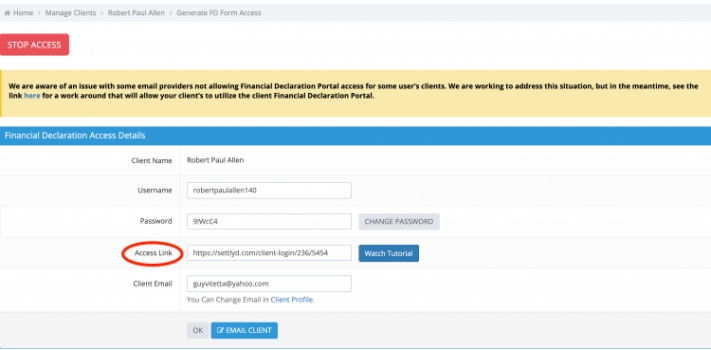
Neglecting a client and their case is one of the main ways lawyers get in trouble.

Rule 1.4 of the Rules of Professional Conduct governing lawyers states:
(a) A lawyer shall:
- promptly inform the client of any decision or circumstance with respect to which the client's informed consent, as defined in Rule 1.0(g), is required by these Rules;
(2) reasonably consult with the client about the means by which the client's objectives are to be accomplished;
(3) keep the client reasonably informed about the status of the matter;
(4) promptly comply with reasonable requests for information; and
(5) consult with the client about any relevant limitation on the lawyer's conduct when the lawyer knows that the client expects assistance not permitted by the Rules of Professional Conduct or other law.
(b) A lawyer shall explain a matter to the extent reasonably necessary to permit the client to make informed decisions regarding the representation.
Rule 1.4 seems more than reasonable and actually more like common sense. Why would a lawyer, who has money in trust to work on a case, not do this? Well, you may be surprised (or, perhaps not!). A recent disbarment of a Columbia lawyer makes it very clear this rule is to be taken seriously. In fact, this is one of the main area's lawyers get in trouble (along with stealing trust money).
In the Lynn matter, four of Mr. Lynn's previous clients had made a disciplinary complaint regarding Mr. Lynn's failure to return phone calls, respond to emails, or keep his clients reasonably informed as to the status of the case. In addition, he stole money from his trust from other clients, which simply added fuel to the fire.
It is common for us to put off things, especially with difficult clients who take an inordinate amounts of our time. However, we went into this business by choice, and they did mention in law school that lawyers must meaningly interact with clients, so having to deal with clients is not only expected but required!




